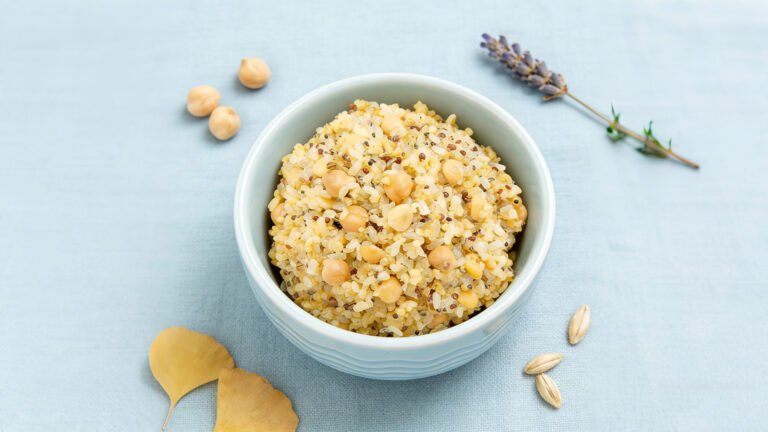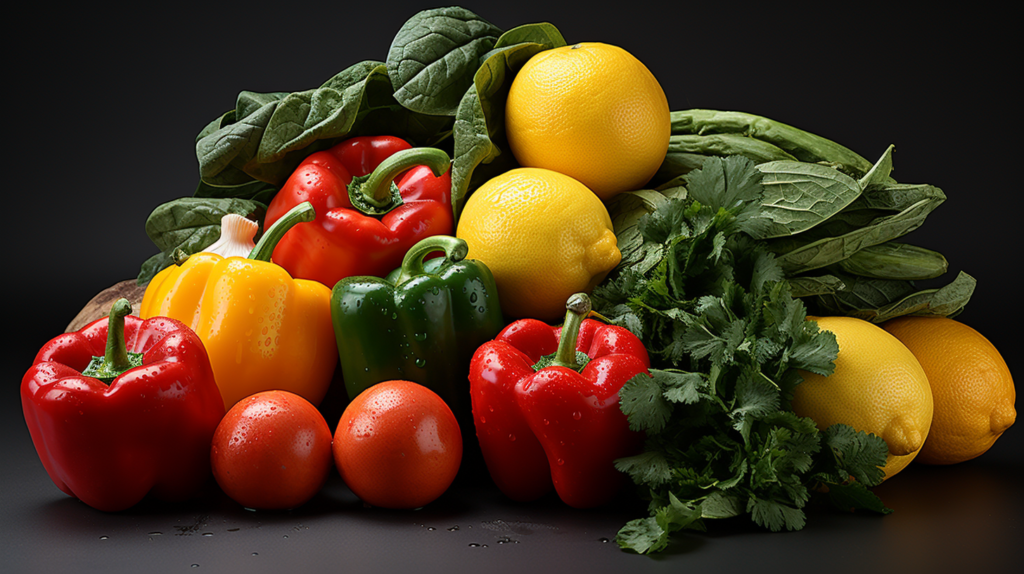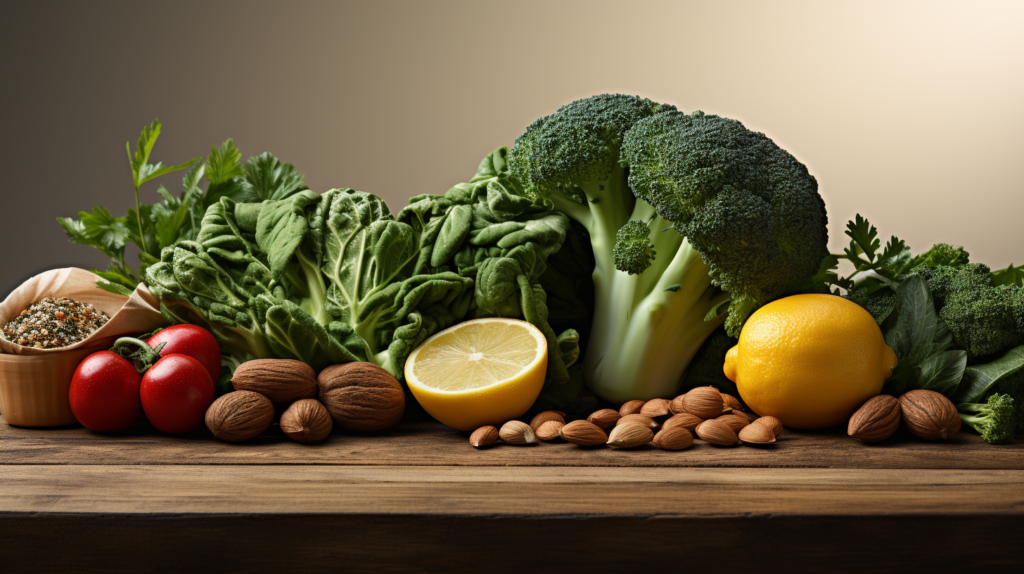
Contact Us through info@lovekonjac.com
A plant-based diet is a way of eating that focuses primarily on foods derived from plants. These include not only fruits and vegetables but also nuts, seeds, oils, whole grains, legumes, and beans. It does not mean that you must completely eliminate all animal products but rather prioritize plant-based foods in your daily intake.
This dietary approach emphasizes whole, minimally processed plant foods, avoiding refined sugars and processed ingredients. People adopt plant-based diets for various reasons, such as health, environmental sustainability, and ethical concerns regarding animal welfare.

Whole-Food Plant-Based Diet
Focuses on unprocessed or minimally processed foods like fruits, vegetables, whole grains, and legumes, while avoiding refined sugars, oils, and processed grains.
Flexitarian Diet
A primarily plant-based diet that occasionally includes animal products, offering flexibility for those transitioning to or not fully committed to eliminating meat.
Vegetarian Diet
Excludes meat, poultry, and fish but may include eggs (ovo), dairy (lacto), or both (lacto-ovo), commonly followed for health, ethical, or environmental reasons.
Vegan Diet
Excludes all animal products, including meat, dairy, eggs, and honey, often for ethical or environmental reasons. Vegans may also avoid animal-derived non-food products.

Cardiovascular Health
Plant-based diets are linked to better heart health by reducing blood pressure, lowering cholesterol, and decreasing heart disease risk due to higher fiber and healthy fat intake.
Weight Management
Rich in fruits, vegetables, and whole grains, plant-based diets are lower in calories and high in fiber, promoting fullness and supporting healthy weight maintenance.
Reduced Risk of Chronic Diseases
Plant-based diets can prevent or manage type 2 diabetes, hypertension, and certain cancers, thanks to their anti-inflammatory and nutrient-dense nature.
Improved Digestive Health
The high fiber content in plant-based diets supports healthy digestion, regular bowel movements, and gut health by nourishing beneficial bacteria.

In addition to commonly known fruits, vegetables, legumes, and grains, a plant-based diet offers many other nutrient-rich options. Whole grains like quinoa, brown rice, and oats provide fiber and minerals, while legumes like chickpeas, lentils, and black beans are excellent sources of plant protein. Nuts and seeds, such as almonds, chia seeds, and flaxseeds, offer healthy fats and fiber. Fermented foods like kimchi and miso support gut health with probiotics. Notably, konjac noodles (Shirataki) are an ideal addition to a plant-based diet. Extremely low in calories and carbs, they are rich in soluble fiber, promoting satiety and digestive health, making them suitable for weight management.
While a plant-based diet offers many benefits, it also has challenges. Nutrient deficiencies, such as vitamin B12, iron, calcium, and vitamin D, are common concerns since these nutrients are more readily available in animal products. Supplements or fortified foods may be necessary. Protein intake, though achievable through legumes, nuts, and seeds, requires careful planning, particularly for those with higher needs like athletes. Social and cultural factors can also make plant-based eating difficult, especially in meat-centric settings. Finally, ensuring a balanced and varied diet is essential to avoid relying too heavily on processed vegan foods, which may lead to health issues.